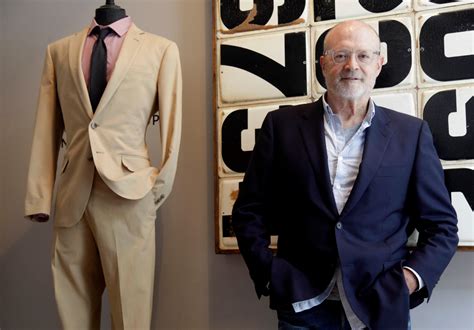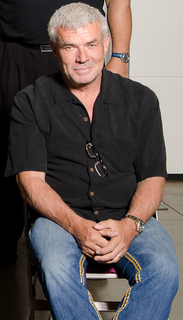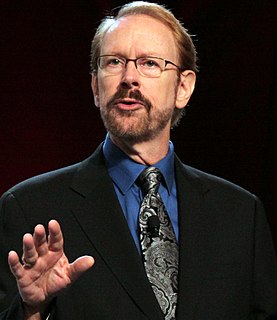A Quote by Ellen DeGeneres
I never buy a house thinking that I'm going to sell it.
Related Quotes
You need to balance arrogance and humilitywhen you buy anything, it's an arrogant act. You are saying the markets are gyrating and somebody wants to sell this to me and I know more than everybody else so I am going to stand here and buy it. I am going to pay an 1/8th more than the next guy wants to pay and buy it. That's arrogant. And you need the humility to say 'but I might be wrong.' And you have to do that on everything
Home, the idea of home, is my principal purpose. If people have bought a house as an investment or chosen the furniture because they'll be able to sell it for more, you can tell in two minutes. You know, our parents didn't buy a house as an investment. They bought it as a place to bring you up, to give you roots.
The move from scarcity thinking to abundance thinking, from zero-sum competition to one-hundred-sum collaboration, is not just a “nice” or “moral” idea. In the twenty-first century, it's plain good sense. Scarcity says, “I'm going to keep all my ideas to myself and sell more than anyone else.” Abundance says, “By mentoring, coaching, and sharing all our best ideas, we're going to create a powerful tide that raises all our ships-and we'll all sell more as a result".


































